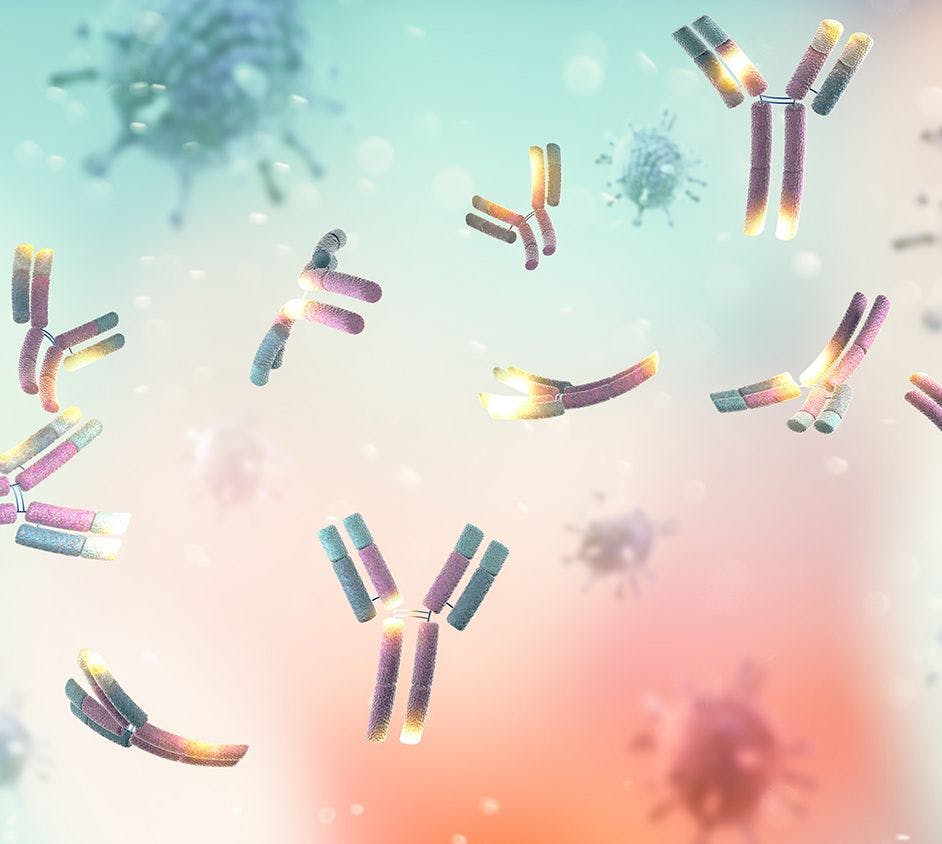Scitara Announces Partnership With Agilent
Scitara (Massachusetts, USA) has announced a partnership with Agilent towards the integration of Scitara’s Scientific Integration Platform (SIP) with Agilent’s Software and Informatics Division portfolio of products, including chromatography software and laboratory workflow management solutions. Scitara’s SIP provides a universal connectivity solution in a cloud-native infrastructure. Data mobility plays a critical role as laboratory automation and workflow management continue to take center stage in the digital laboratory debate. The SIP integration with Agilent’s portfolio will provide fully configurable access to a wide array of laboratory instruments, applications, and resources, facilitating immediate data mobility.
“Incorporating Scitara’s SIP adds a new data integration feature for our chromatography customers, providing enhanced digital transformation through multi-directional data and workflow management. More agile data management will help our customers optimize their lab operations and increase business efficiencies,” said Thomas Schmidt, Marketing Director of Agilent’s Software and Informatics Division.
For more information, please visit: www.scitara.com

A Matrix-Matched Semiquantification Method for PFAS in AFFF-Contaminated Soil
Published: April 14th 2025 | Updated: April 14th 2025Catharina Capitain and Melanie Schüßler from the Faculty of Geosciences at the University of Tübingen, Tübingen, Germany describe a novel approach using matrix-matched semiquantification to investigate per- and polyfluoroalkyl substances (PFAS) in contaminated soil.
Silvia Radenkovic on Building Connections in the Scientific Community
April 11th 2025In the second part of our conversation with Silvia Radenkovic, she shares insights into her involvement in scientific organizations and offers advice for young scientists looking to engage more in scientific organizations.















